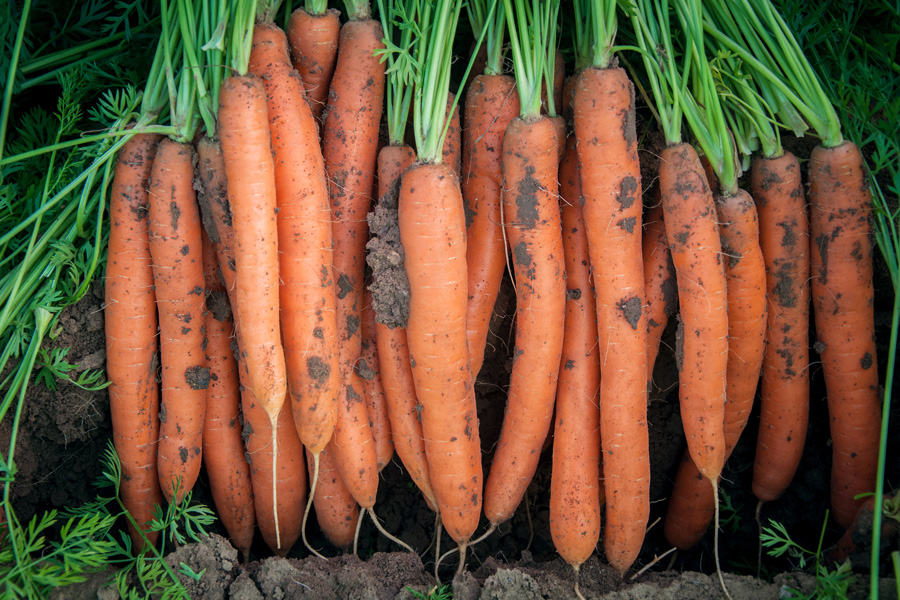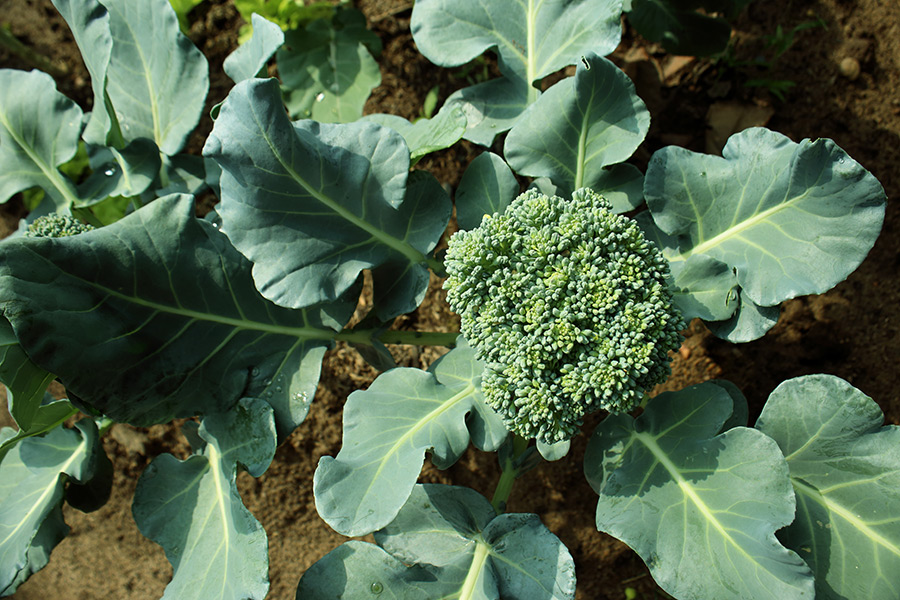Carrots
-

C 1232
Homegrown Carrots
Homegrown carrots have a unique freshness and juiciness to them and are much more flavorful than their store-purchased counterparts. This publication covers the basics of how to select and grow carrots in the Georgia garden, including planting, maintenance, problems, and variety selections.
Bob Westerfield
|
-

Carrots suffer significant yield losses from nematode pests because the harvested edible product (taproot) is directly affected by nematode infection, resulting in reduced marketable yield and quality. Root-knot nematodes (Meloidogyne spp.) are widespread in several counties in South Georgia and cause serious damage to carrots. Stubby-root (Paratrichodorus or Nanidorus spp.) and root-lesion (Pratylenchus spp.) nematodes are also common in these regions, though, their damage potential to carrots has not yet been established. This publication reports information on nematode detection, biology, and different control practices for the proper production of carrots.
Intiaz Amin Chowdhury and Abolfazl Hajihassani
|
-

C 1258
Fall Vegetable Gardening
This publication covers fall vegetable production including planting dates, spacing, general culture of cool-season vegetables planted in Georgia in the fall. Many people consider the end of summer to be the end of gardening season. However, there is a whole other world of vegetables that can be planted in the fall garden in Georgia. Temperatures are milder, and there generally are fewer insects and diseases to contend with when planting in the fall. Cool-season vegetables are ironically planted in the late-summer heat, but thrive as they mature during cooler temperatures as the season progresses. Whether you choose to plant only a cover crop or to try your hand at some cool-season vegetables, planting for the fall growing season will keep your garden productive all year long.
Bob Westerfield
|